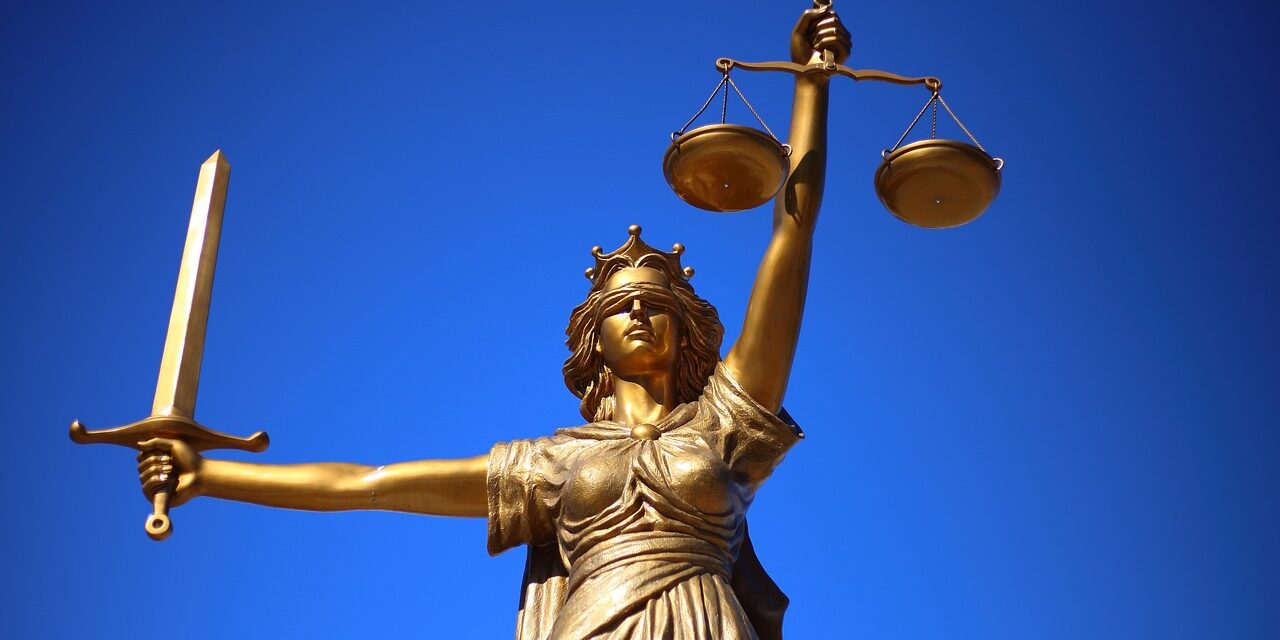Arbitration is your forte, and you are a certified Tutor for the Institute. Given the fact that around here most people easily challenge arbitral awards, how well would you say arbitration has been entrenched in Nigeria? How can we ensure that parties have confidence in arbitration in Nigeria?
About 25 years ago when we started running training courses for the Chartered Institute of Arbitrators, we were confronted with a number of negative and erroneous perceptions. One, that arbitration is only a tool for Lawyers. Two, that arbitration was only for large money disputes. Three, a reference to arbitration was a challenge to the courts’ jurisdiction. Four, Nigeria lacked the requisite expertise and skill for arbitration. I am happy to say that, these perceptions have largely dissipated. Today, in Nigeria, arbitration and ADR is no longer the preserve of Lawyers or only for large monetary claims, the courts have become supportive of the process, and we have quality arbitrators that are readily benchmarked to international standards. I will admit that incessant challenges to arbitral awards is a problem, but, as our understanding of the process increases and the commercial realities of accepting the finality of an award percolates, I would expect that gradually, we will progress positively in that area too. Acceptance of the finality of awards is obviously an area that has to be improved upon, to bring about greater confidence in the arbitral process.
What do you have to say about so many arbitration bodies in Nigeria? How can we ensure cohesion?
First, there are not even enough arbitral bodies in Nigeria. With arbitration and ADR, it is “the more, the merrier”. Arbitration is a commercial service that should cater to the needs of various sectoral consumers. So, as the sphere of commercial activity grows and diversifies, so also should be the options of arbitration services available. The UK which has about 20 -25% of Nigeria’s population, has a lot more arbitral bodies than we have. Why? Because aside from the well-known arbitral bodies, the diversity and strength of commercial activity over there has given rise to various dispute resolution bodies that cater to specific industry sectors, such as those exclusively for the travel industry, for rental disputes, consumer protection, sports and so on. The issue of cohesion therefore, does not arise, so long as the various bodies share the fundamental objective of promoting arbitration & ADR, though their methods and ways of pursuing that objective could be and is expected to be different.
People are confused about the recent judgement of the Court of Appeal setting aside Anyadike J’s judgement which declared Section 84(12) of the Electoral Act 2022 null and void, but at the same time heard the matter on its merits and also declared the law unconstitutional for being discriminatory contrary to Section 42 of the Constitution. What is the effect of the intermediate court’s decision? Does it have the effect of restoring Section 84(12) or maintaining the declaration of its unconstitutionality?
The heart of the matter to my mind, emanates from decisions of the Supreme Court that enjoins lower courts to deal with all issues presented to them. This makes sense at a practical level, because if a lower court determines the issue of say a Plaintiff’s locus stands solely on the basis that that issue is dispositive of the entire case without bothering to pronounce on the other issues raised, should that matter go on appeal and the appellate finds that the Plaintiff does have locus, the matter would be sent back to the lower court for a determination of the other issues. If then, that court rules on those issues and the matter goes back on appeal, a lot of time would have been spent on what was in essence a preliminary issue. So, the Supreme Court said even if you find that there was no locus, for instance, rule on that, but go ahead to determine the other issues in the event that you were wrong on locus, so that your decision on those issues and the one on locus can all be taken together by the appellate court. This is an eminently sensible principle.
The confusion people have over Anyadike J’s judgement on that Section 84(12) of the Electoral Act 2022 issue, is that they have interpreted her views on the constitutionality of that section as the ratio decidendi of the case. It is not, in my view. The ratio is that the Plaintiff in that case, did not havelocus standi. All other pronouncements by her are obiter dicta. So, in the strict sense, the constitutionality of the Section 84 matter is yet undecided. If the court process in Nigeria were much quicker than it is, and a matter like locus can be solely determined and disposed of within a very short time, this would not have been an issue because the trial Judge would have dealt with only that issue and within a short time be back to deal with the others in the event that the appeal court finds that she was wrong on locus.
You ran for Governor in your State, Kwara, albeit unsuccessfully. Have you put your ambition on hold? Or should we expect you to run again in the near future?
I am presently an officious bystander, in matters of seeking elective office. The future is not ours. But, having said that, we should (and must) all actively engage with issues of governance. We must engage the process. Have a voice either directly by seeking office, or indirectly by supporting those you feel can adequately speak for you. Our lives, safety, prosperity and well-being, depend on it. If you allow the neighbourhood idiot to speak for you, you’ll only have yourself to blame for the consequent idiotic outcomes.




